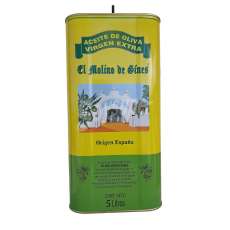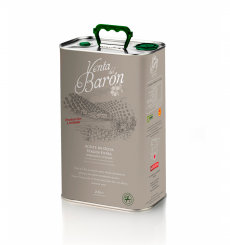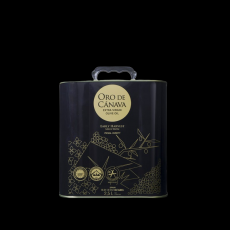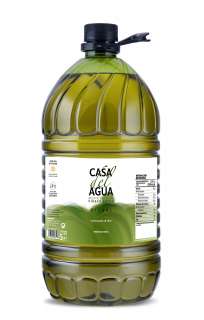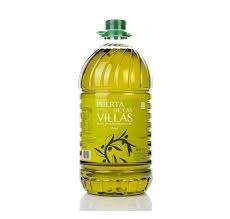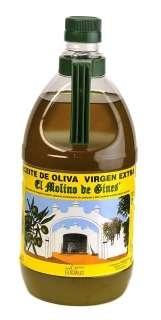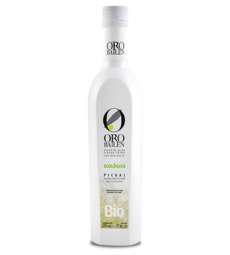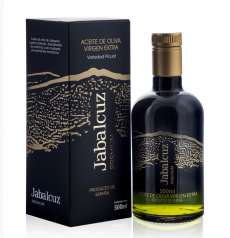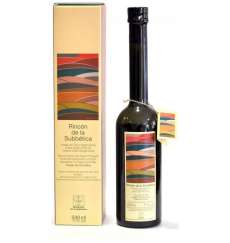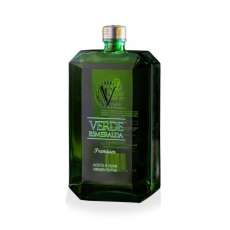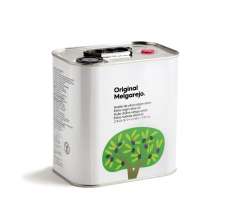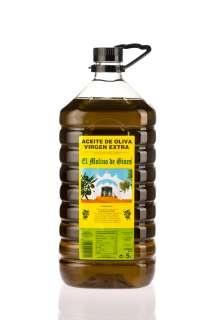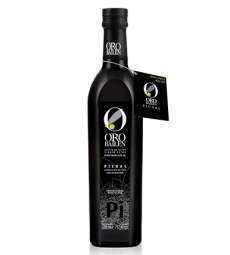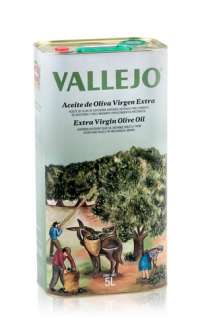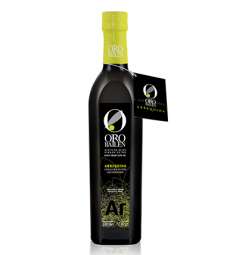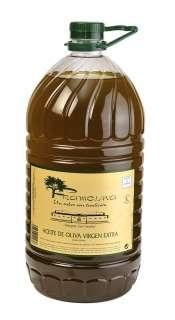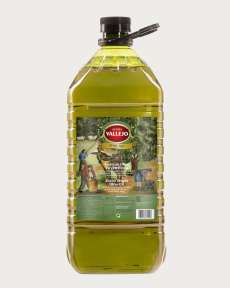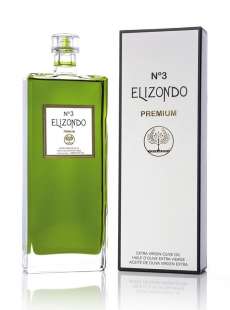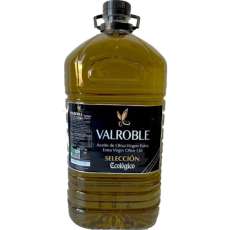What are the health benefits of extra virgin olive oil?
Extra virgin oil is the primary source of fat in Mediterranean diets. All the vitamins and antioxidants contained in the fruit remain intact because of the production procedure. Following are five vital compounds found in extra virgin olive oil, that make it so beneficial to one’s health:
- Antioxidants – this product, considered to be the best olive oil, is crammed full of natural antioxidants that are known to kill off free radicals, lower the risk of heart problems, and kill cancer cells. In addition, reports have shown that people who include extra virgin olive oil in their diet, live significantly longer than those who don’t
- MUFAs/Monounsaturated fatty acids – there is an abundance of these acids in fish, nuts and vegetable oils, especially olive oil, which is made up of at least 75% of MUFAs. MUFAs increase the elasticity and fluidity of cell membranes, thus giving the body protection against disease. Studies have shown that consuming these incredibly healthy fats reduces significantly, the risk of diabetes, heart disease, colon cancer, and atherosclerosis
- Oleocanthal – it is believed that this compound is responsible for the pleasant tingling, burning sensation experienced in the throat when consuming extra virgin olive oil. Oleocanthal is an anti-inflammatory compound that works the same as pain killers available on the market, and is also helpful in preventing Alzheimer’s, through its ability to clear the brain of beta-amyloid plaques
- Vitamin E – the best olive oil contains a wealth of the fat-soluble antioxidant vitamin E, that is effective in protecting the body against cancer, eye and skin problems, Alzheimer’s and diabetes. Many skin lotions and creams contain the vitamin, since it promotes healing, reduces scarring, and works wonders for the hair. Recent studies show too, that vitamin E plays a big role in shielding the lungs from damaging air pollution
- Vitamin K – also a fat-soluble vitamin found in olive oil, vitamin K is necessary for the fixation of calcium in the body, as well as coagulation. Studies show that the vitamin also protects the body against certain types of cancer and insulin resistance. Consuming just one tablespoon of olive every day, provides around 10% of the recommended dosage of vitamin K for adults
Why Spanish extra virgin olive oil is the most awarded in the world
Not only is Spain the largest extra virgin olive oil producer in the world, but it now also boasts some of the best olive oil as well, and has received more awards for this product too. Many different varieties of oil are produced in the country, with each brand having its own distinctive flavor, just like fine wine.
Spanish extra virgin olive oil is of exceptional quality, and is produced in most parts of the country. Even though olive trees are not found in the high mountainous regions of Spain they are abundant in the entire South of Spain, with the Jaen Province being one of the world’s leading producers of olive oil. The miles and miles of olive groves stretching as far as the eye can see, are absolutely breath taking, and form virtually the entire landscape.
Each area produces oils with their own fragrance and flavor, giving chefs not only in Spain, but from all over the world, an enormous variety of the best olive oil with which to experiment.
The olive oil making process
No matter what type of equipment is used, the steps to making olive oil are basically the same.
- Cleaning the olives – cleaning the olives and removing all the twigs, leaves, stems, and other debris, is the first step in the oil extraction procedure. The fruit is then thoroughly washed with clean water in order to remove dirt, pesticides, and so forth
- Grinding them into a paste – the next step is to grind the olives into a paste, the purpose of which is to release the oil from the vacuoles
- Malaxing (mixing) the paste – the next step in manufafturing the best olive oil, and an extremely important one too, is to mix the paste for between 20 and 45 minutes, to allow the tiny droplets of oil to merge and form larger ones
- Separating the olive oil from the solids and vegetable water – after mixing, the oil has to be separated from the other components. The oil then remains in barrels or tanks for the final separations process which occurs through gravity, and is known as "racking." The oil is then ready to be filtered if necessary
What is the difference between extra virgin olive oil and regular olive oil?
One of the most important ways in which the best olive oil differs from common olive oil, is that it is unrefined, meaning that it is not altered by temperature, and is not treated with chemicals. Typically, extra virgin olive oil is golden-green in color, has a light, peppery finish, and its own distinctive flavor.
Extra virgin olive oil is the best olive oil available, and has to meet stringent standards to enable it to be labelled “extra virgin.” In the manufacturing process, this oil, the best olive oil available, preserves the true olive taste, and unlike other varieties, contains only about 1% of oleic acid. Also, more minerals and natural vitamins are found in extra virgin olive oil.
Although extra virgin olive oil can be used for cooking, it has a lower burning point than other oils, so it tends to burn at lower temperatures. It is best to use the more common varieties of olive oil for cooking, and the high quality, expensive, best quality oil for salad dressings dips, cold dressings and dipping bread.
Where to buy the best quality extra virgin olive oils
One of the simplest and tastiest ways to increase the flavor of many dishes is to use extra virgin olive oil. Once you have used the best olive oil in your kitchen, it will fast become your most prized ingredient for many of your meals. More information about the best olive oil around, as well as an opportunity to purchase and enjoy all the benefits it has to offer, is available online, from Spainflavor.com.
Some interesting facts about Spanish extra virgin olive oil
Although Spain is known as the top producer of the best olive oil in the world, there are a few other interesting facts about this product, including:
- Spain is not only the leader in producing the best quality extra virgin olive oil, but it is also the second largest consumer of the best olive oil in the world
- Spain has the Phoenicians to thank for starting to make the best olive oil
- To the Romans, extra virgin olive oil was the best olive oil, prompting them to call it liquid gold. According to records, they even used it as fuel for the first Olympic torch!
- Olive trees, on average, live for between 300 and 600 years, with Spain being home to some of the oldest in the world. Trees more than 1000 years old are on display at the Museo del Arion, and even one that is said to be older than 2000 years!
- There are more than 300 million olive trees in Spain!
Living in a country that produces the largest amount of the best olive oil available in the world, award-winning extra virgin olive oil, makes it easy to understand why the Spanish people consume on average, about 2,5 gallons/10 liters of this liquid gold every year!
 Filter
Filter 

